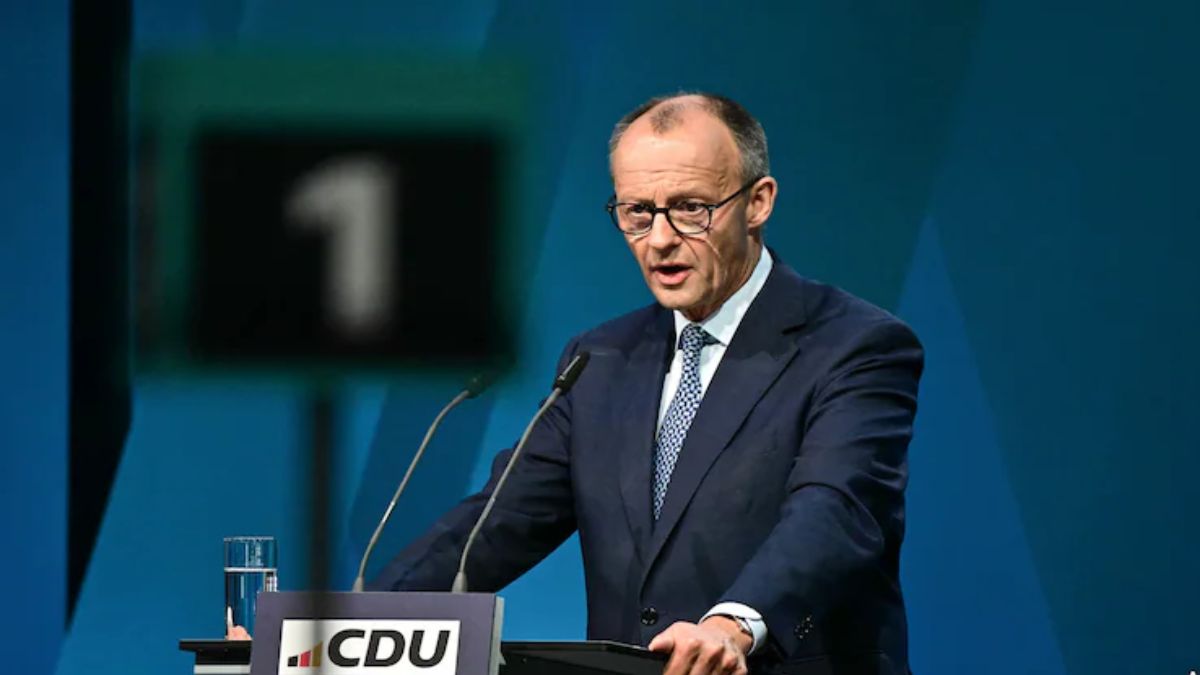German Chancellor Friedrich Merz said on Wednesday that early indications suggest the economy may be beginning to improve, pointing to his landmark overhaul of fiscal rules earlier this year. However, the International Monetary Fund cautioned that Germany’s medium-term outlook remains limited.
According to an IMF report released on Wednesday, Germany is the only G7 economy that has failed to record growth over the past two years, and it is expected to expand by only 0.2% this year.
”Although we are in the middle and not at the end of our agenda, although the geo-economic and geopolitical winds have recently become even rougher, there are nevertheless signs of a trend reversal,” Merz said in a speech to the lower house of parliament, the Bundestag.
Germany faces demographic and productivity headwinds
In its report, the IMF said higher expenditure was expected to support a gradual pick-up in domestic investment and consumption, projecting real GDP growth of about 1.0% in 2026 and 1.5% in 2027.
However, it warned that beyond this period, the effects of rapid population ageing and weak productivity growth would begin to weigh on the economy.
“With a new government in place, now is the moment to take decisive action,” Kevin Fletcher, an advisor in the IMF’s European Department, said at a news conference.
Economists, investors and business groups increasingly feel that the reforms pledged so far are progressing more slowly and are less ambitious than first anticipated.
Addressing these concerns, Merz said in his speech that he would push ahead with the necessary reforms “at a fast pace.”
Quick Reads
View AllFiscal space must be used judiciously
The IMF said the fiscal space now available must be used judiciously to boost the economy’s longer-term productive capacity and be complemented by pro-growth structural reforms.
Those could include measures to foster more innovation and digitalization, cut red tape, reduce labour supply constraints and deepen European economic integration, they said.
One of the most important things that Germany can do to boost growth is to take a lead in deepening the EU single market, Fletcher said, as this would improve productivity in Germany and also boost exports to the rest of Europe, which remains by far Germany’s most important export market.
The deficit is projected to widen to about 4% of GDP by 2027 and debt is projected to rise to around 68% of GDP by 2027, still the lowest among the G7 economies, the IMF said.


)

)
)
)
)
)
)
)
)



